Phone:
(240)-774-1456
Physical address:
20100 Reckley Lane SE
Oldtown MD 21555
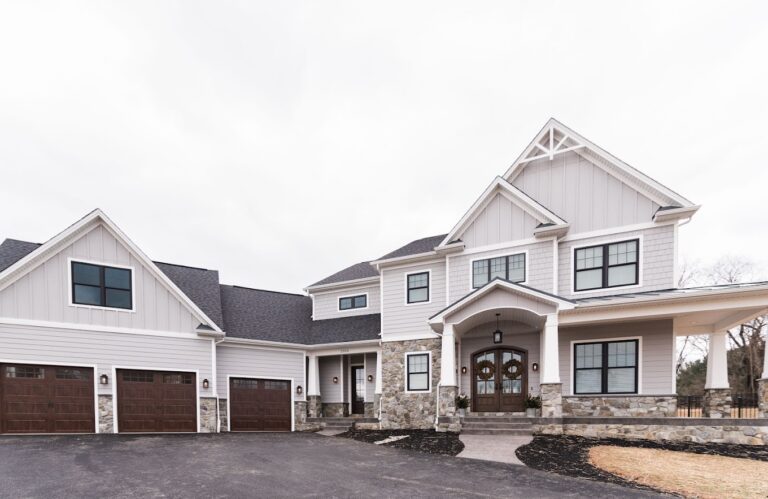
Find affordable new home construction near you, tailored for your budget. Schedule a consultation today and start building your dream home with ease!
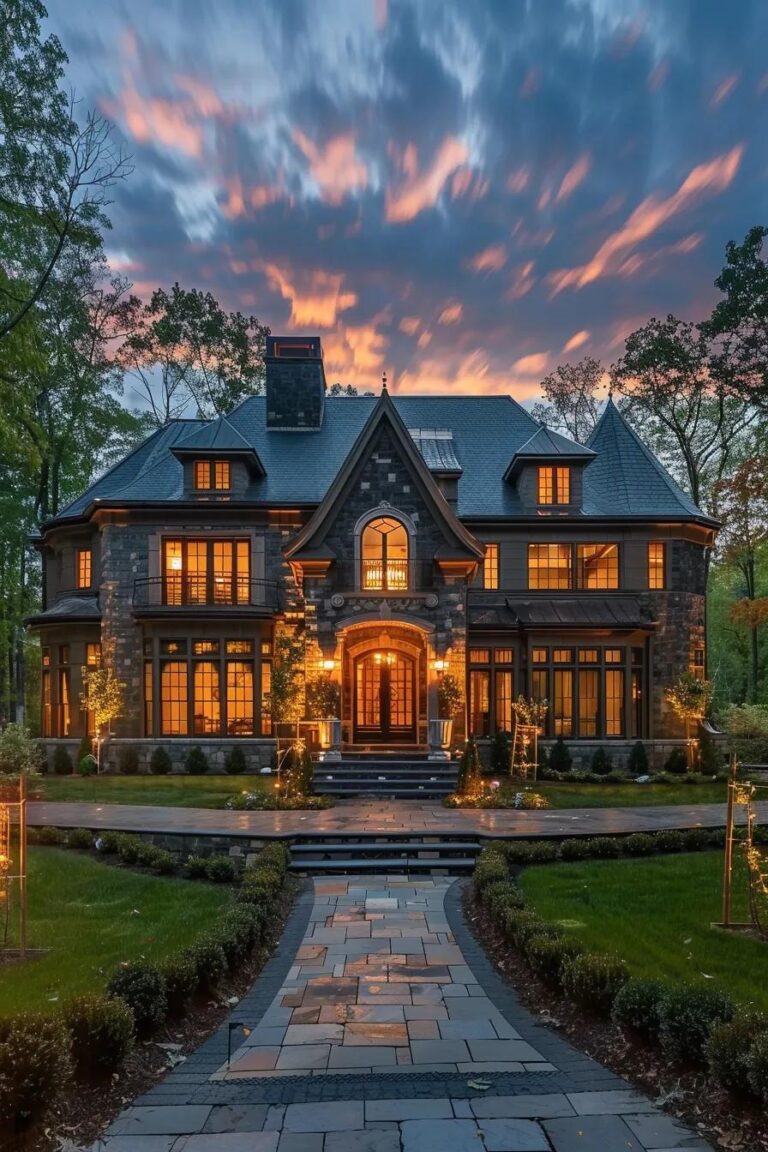
Luxury Custom Home Builder in Maryland — Your Guide to High‑End Custom Homes Building a custom home is one of…

Your Guide to Financing your next Custom Home. Financing a high‑end custom home combines specialized mortgage programs with construction‑specific underwriting…
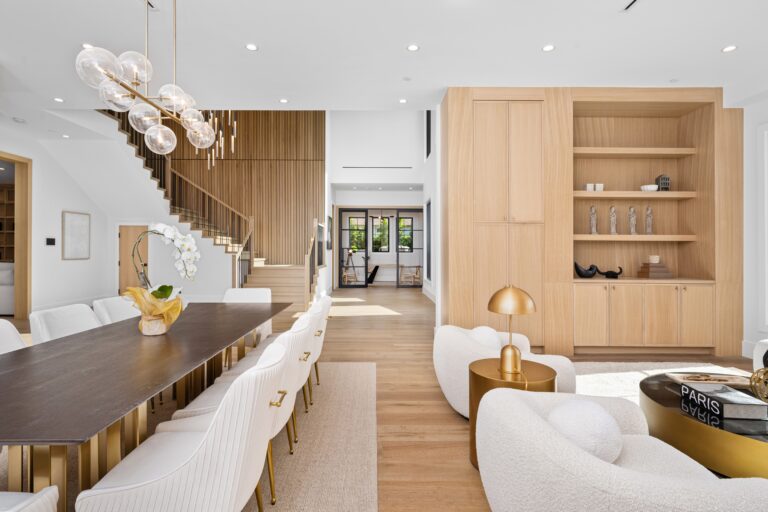
Discover expert insights on luxury custom home building—from design and budgeting to sustainability and smart-home trends—by Battaglia West in Western Maryland.
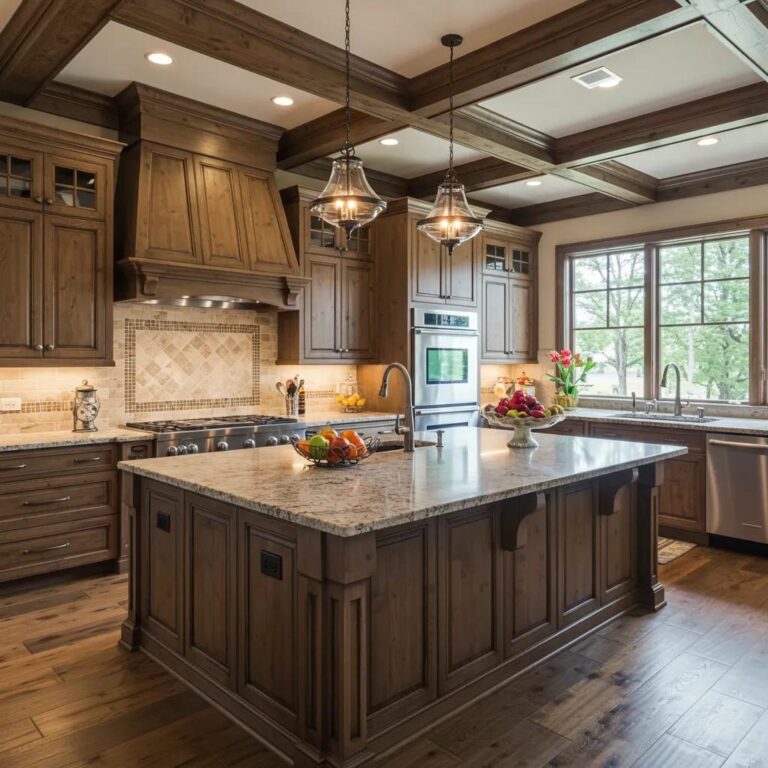
Building a custom home in Allegany County means designing a residence that responds to mountain views, seasonal climates, and a…

As we step into 2025, interior lighting design is undergoing a remarkable transformation, blending aesthetics with functionality to create spaces…

As we step into 2025, the world of home design is evolving with a refreshing blend of timeless elegance and…

For over 20 years, Battaglia Homes has been a trusted name in custom home building in the Baltimore area, crafting…
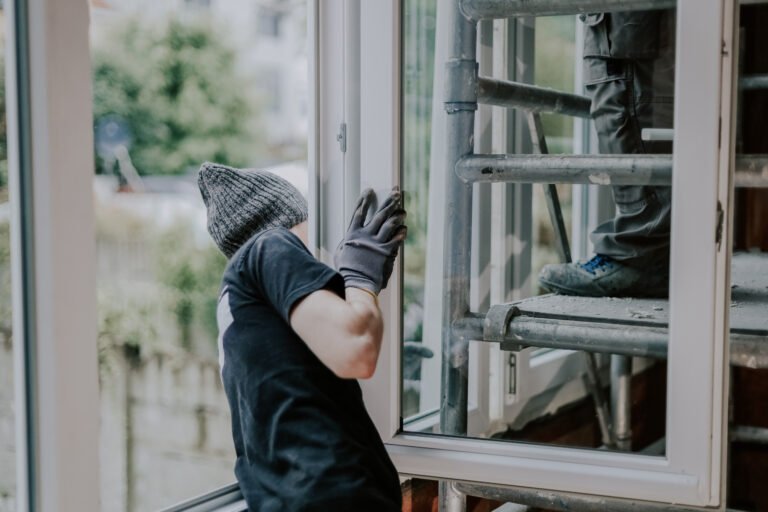
Building a custom home is an exciting journey, and at Battaglia West, we’re here to guide you every step of…

At Battaglia West, we understand that building a custom home is more than just constructing a structure; it’s about creating…